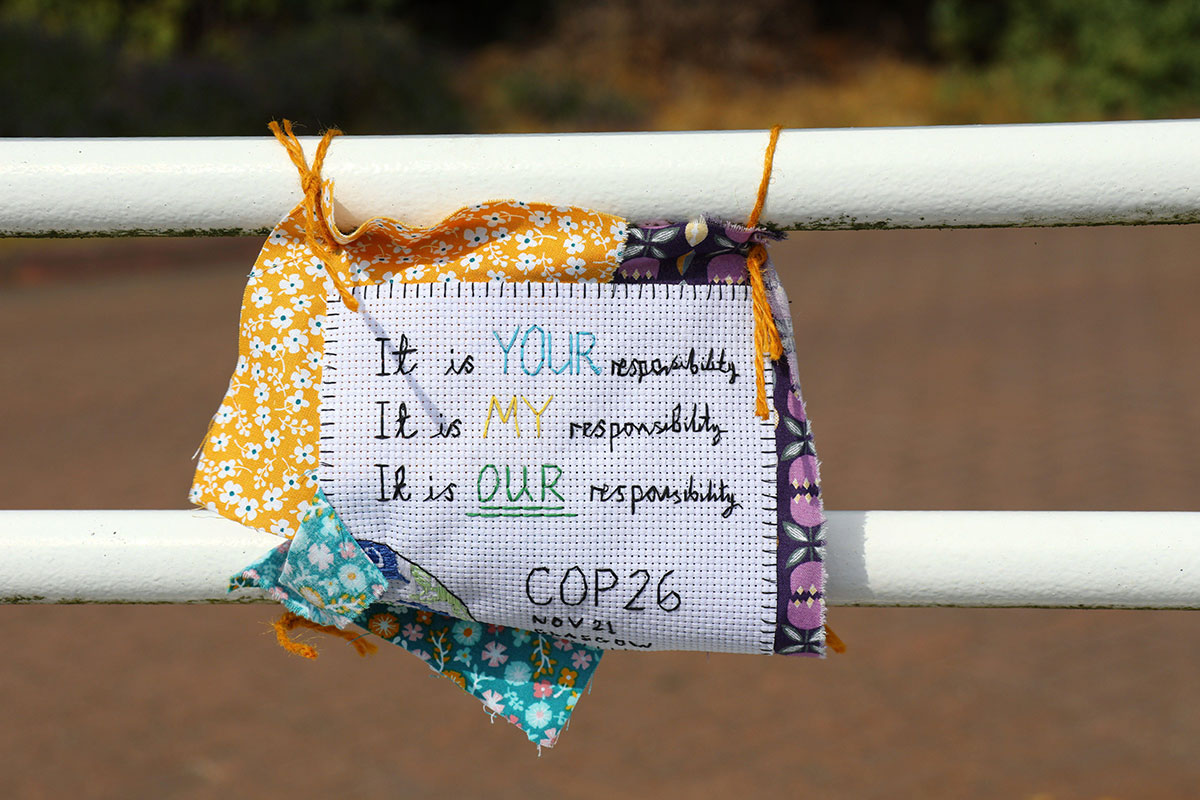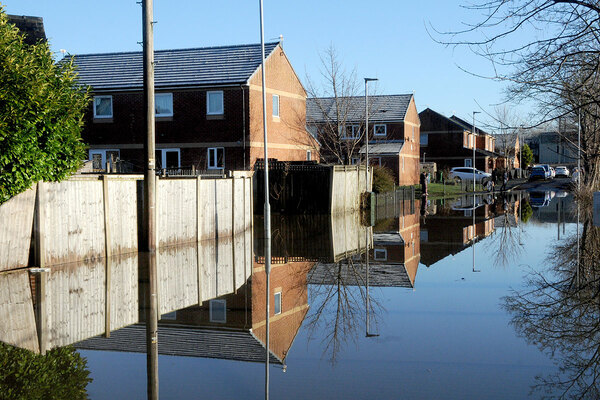
Christopher Yau is director of origination and sustainability, housing, at Lloyds Bank
Demand for ESG data from funders will continue to intensify, so now is the time to prepare
Environmental, social and governance reporting is becoming a prerequisite in the finance world, and housing associations must understand the long-term implications for the sector, says Chris Yau
Environmental, social and governance (ESG) reporting has now been a feature of the UK social housing sector for nearly three years, following the formation of the Sustainability Reporting Standard for Social Housing (SRS). The SRS has been widely adopted by housing associations across the UK but there are still those who remain sceptical. Our message to those who are yet to be sold is: the demand from funders will continue to intensify, so now is the time to prepare.
Much has been made of the sector’s strong fundamentals when it comes to ESG, including the fact that it is stringently regulated and its function produces strong social outcomes. This is a sturdy combination that will win over funders seeking ESG investments, but those funders will also want this to be clearly defined and will not take it as a given.
The demand for information on ESG doesn’t stop with the banks and lenders. We are being pushed by a combination of our own net zero ambitions and increasing regulation. For example, the Task Force on Climate-related Financial Disclosures requires us to report on climate-related risk relating to our organisation.
As a result of COP 26, another key driver pushing funders to decarbonise is the Glasgow Financial Alliance for Net Zero. This alliance has grown to cover 40% of the world’s total financial assets since its launch in April 2021, representing total assets of more thab $130tn committed to achieving net zero by 2050 or sooner.
This hopefully goes some way to demonstrating the pressure that financial institutions are under to gather accurate and detailed data on not only their operations, but also those that they lend to. As a major lender to the social housing sector, delivering around £15bn of new finance to the sector in the past five years, we see the SRS as a crucial tool in this effort.
ESG is attainable for all
The ever-evolving ESG movement can no doubt feel nebulous and a distant concern for housing associations whose primary focus is delivering new homes and serving tenants. However, engaging now will help these organisations when, rather than if, ESG requirements become more formalised.
“The ability of housing associations to demonstrate and articulate their ESG performance will start to have an impact on their ability to access capital, as lenders will begin to prioritise sectors that can demonstrate this effectively”
Running a tight ESG ship is not an endeavor reserved for the biggest housing associations in the sector. In fact, small and medium-sized adopters make up the majority of the SRS community with around 80 adopters from these categories so far.
The same can be said for access to ESG-linked finance. Earlier this year Lloyds Bank issued its first sustainability-linked loan to Adra in North Wales. The deal aims to ensure that 90% of Adra’s new build homes have the highest energy efficiency ratings while funding retrofit works for 450 existing properties.
Providing sustainability-linked finance to a 7,000-home landlord should send a message to others in the sector that this kind of transaction is available for everyone. And Adra is one of many housing associations that have borrowed a combined £3.4bn of new ESG/sustainable finance since we launched our sustainability-led housing strategy in 2021.
But, the ability of housing associations to demonstrate and articulate their ESG performance will start to have an impact on their ability to access capital, as lenders will begin to prioritise sectors that can demonstrate this effectively. This has already been seen to some extent in high-emitting sectors such as utilities.
Engage now to benefit later
Lloyds is a key funder in the social housing sector and we are pleased about the progress housing associations have made on ESG so far. We are an adopter of the SRS – David Cleary, managing director and head of housing at Lloyds Bank, sits on the Sustainability for Housing board, which oversees its development.
However, in the future, we envisage that the gap will increase between housing associations that can and those that cannot demonstrate their ESG performance and credentials, impacting their ability to raise capital. At a time when the sector is becoming increasingly reliant on private finance to tackle the housing crisis, this should become a key concern for housing associations.
“We encourage all housing associations to engage on the ESG agenda sooner rather than later, in order to ensure they can attract the funding they require in the future”
For its part, Lloyds has begun implementing a number of processes to ensure it is able to meet its own sustainability commitments. For instance, all sustainability-linked loans and green loans we issue require approval from our internal sustainability committee, to ensure KPIs and structures set by our clients remain robust.
We have also looking to embed the SRS into our internal ESG risk assessment tools, which will guide our credit assessments and capital deployment in future.
The wheels are in motion on ESG and this is a result of an external, universal shift to try to meet net zero targets as part of the ‘just green transition’. We encourage all housing associations to engage on the ESG agenda sooner rather than later, in order to ensure they can attract the funding they require in the future.
Chris Yau, director of origination and sustainability, housing, Lloyds Bank












